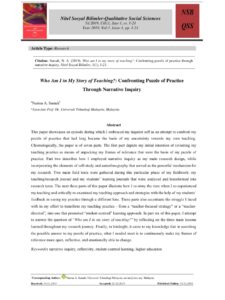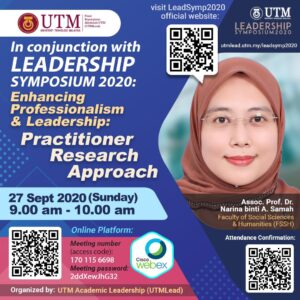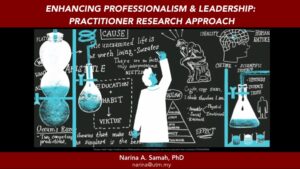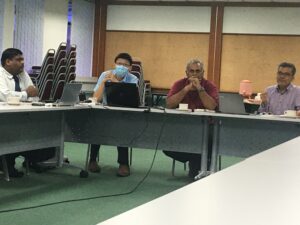It started with an email I received on 5 November 2019 from an academic all the way from Turkey, which contained the following message:
Dear Narina,
I contacted you through Qualitative Research Conference abstract book where I really enjoyed reading your inquiry regarding meaning making and narrative story construction. I have done research on illness narratives of bone marrow transplant patients and I truly understood your dilemmas and inner doubts. I want to say that I believe you can make a great contribution to our brand new journal Qualitative Social Sciences.
The journal is an open access international peer reviewed free journal. There was no journal in Turkey focusing on qualitative social sciences so we wanted fill that gap. Qualitative studies are not considered as much science as hard sciences here, so we wanted to take a step in promoting qualitative research or study. This is how we start mainly.
It is a non profit journal meaning we do not charge anyone for publication, process or submission of articles. Our humble effort is just a step towards advancement of qualitative social research here. Because I also worked on narratives, I wanted to share this journal with you.
Dr. Melih Sever
Editor-Qualitative Social Sciences
Suleyman Demirel University
Social Work Department
And so I agreed to contribute an article, and Alhamdulillah my article was published on 31 December 2019.

The front page of my article entitled “Who Am I in My Story of Teaching?: Confronting Puzzle of Practice Through Narrative Inquiry”
Feel free to read my latest paper via my ResearchGate https://www.researchgate.net/publication/338393118_Who_Am_I_in_My_Story_of_Teaching_Confronting_Puzzle_of_Practice_Through_Narrative_Inquiry
Or read directly from the journal website https://dergipark.org.tr/en/pub/nsb/issue/51274/659914
If you are interested to publish your qualitative work, you can do the online submission on the journal’s website or you can contact Dr. Melih personally.
What a way to welcome 2020…



















